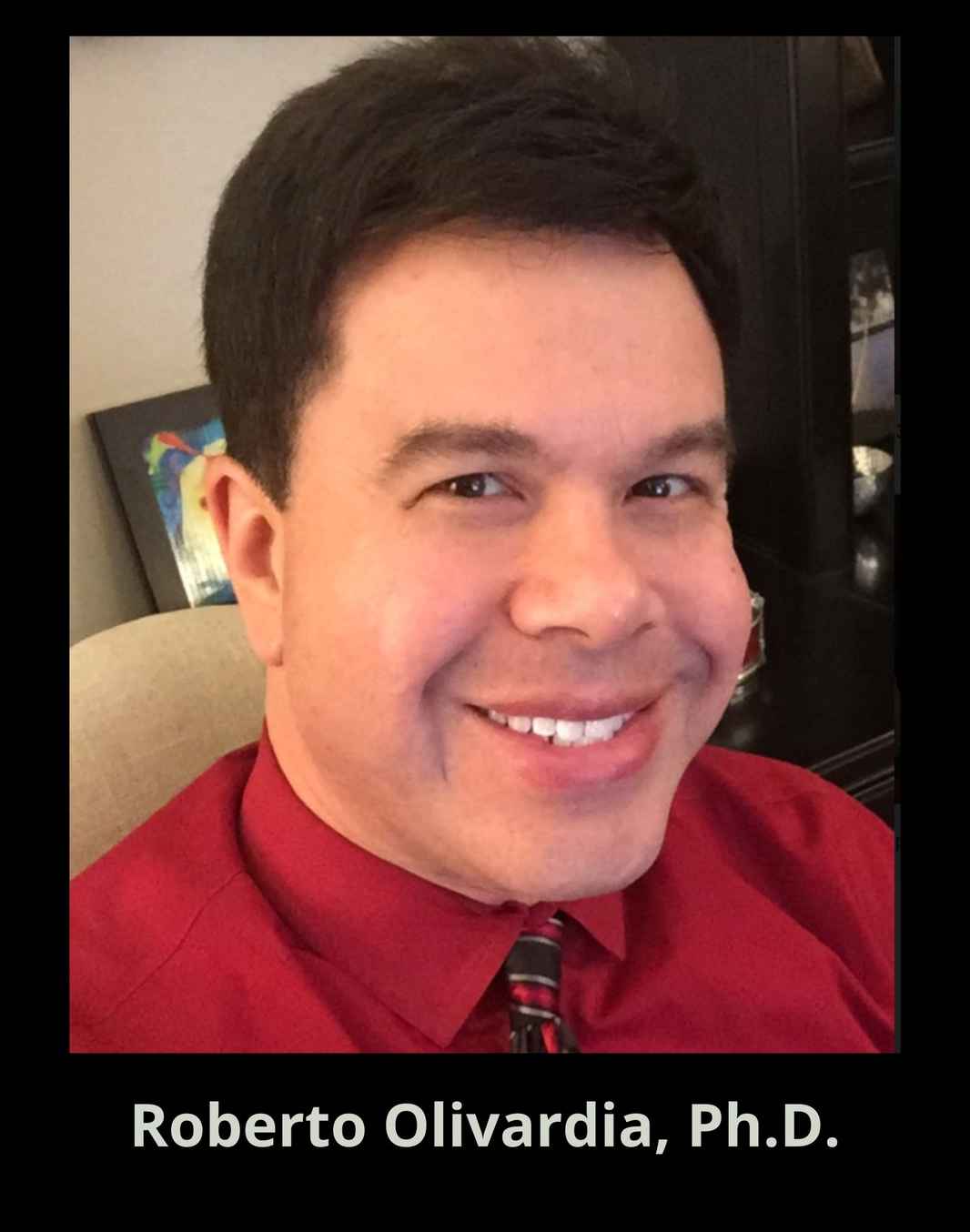Eating Disorders
Q&A for Session # 4
Eating Disorders in Male Athletes
Sports Nutrition Symposium 4.0
Tuesday January 18th, 2022 @ 7 pm CST
Contrary to popular belief, over 10 million males struggle with eating disorders. Many male athletes, of various sports, are at higher risk. This presentation will cover symptoms, medical, psychological and social consequences, and treatment of eating disorders with a special emphasis on the unique issues athletes face with these problems.
Replay of this session and others sessions can be obtained with a VIP Pass
VIP Pass
- What woud it take for orthorexia to become a diagnosable disorder?
- Gets dismissed because they do not endorse body image issues or even fear of fatness. Gets captured as OCD range. More awareness is important. Understand treatment is different with using different types of foods. When more people with orthorexia seek treatment, there will be more attention. This can be with insurance and diagnostic codes. More research is needed.
- Gets dismissed because they do not endorse body image issues or even fear of fatness. Gets captured as OCD range. More awareness is important. Understand treatment is different with using different types of foods. When more people with orthorexia seek treatment, there will be more attention. This can be with insurance and diagnostic codes. More research is needed.
- Is muscle dysmorphia a clinical diagnosis in DSM-5? I had not heard of the term before.
- Yes, muscle dysmorphia is classified as a sub type of BDD or Body dysmorphic disorder. (When someone is preoccupied with any aspect of their appearance.) Muscle dysmophia is a type of DSM, where people specifically focus on muscle mass.
- Yes, muscle dysmorphia is classified as a sub type of BDD or Body dysmorphic disorder. (When someone is preoccupied with any aspect of their appearance.) Muscle dysmophia is a type of DSM, where people specifically focus on muscle mass.
- How do you bring up concern for a male with muscle dysmorphia (anabolic use, excessive lifting, etc.) when it does not seem unhealthy to them or others in the gym atmosphere?
- Part of how to approach it is by talking about what you are observing to be too much. If you say " I notice your working out is getting in the way of school work or relationships not working... it's probably not good for you". Start with what you observe so they cannot argue with you. There can be a thinking that "you don't understand because you aren't a body builder." but if you start with what you are observing and tell them it's not the working out that's problem, but using steroids are medically adverse to your health, they come at quite the price. Come from a compassionate place as you are concerned or have read a scientific paper that long-term issues can occur (a lot of long term heart issues).
- Part of how to approach it is by talking about what you are observing to be too much. If you say " I notice your working out is getting in the way of school work or relationships not working... it's probably not good for you". Start with what you observe so they cannot argue with you. There can be a thinking that "you don't understand because you aren't a body builder." but if you start with what you are observing and tell them it's not the working out that's problem, but using steroids are medically adverse to your health, they come at quite the price. Come from a compassionate place as you are concerned or have read a scientific paper that long-term issues can occur (a lot of long term heart issues).
- What are your thoughts on Health At Every Size (HAES)?
- HAES refers to a movement within the eating disorder community saying " we do not want to discriminate against people with larger bodies, because being in a larger body does not mean they are unhealthy." Having a larger body could be the result of social economic status,medical and mental status, amoung other factors that lead to a complexity of situations. On the opposite side athletes may look fit but can get under-identified as having an eating disorder because they look "healthy". For example, someone in a larger body can complete a activity such as a half marathon that someone with a smaller body could not complete. Recognizes obesity is a problem in this country- but HAES does not blame it on the individual, it's a complex situation without a simple solution. Obesity is an issue and body shaming or stigmatization should not happen.
- HAES refers to a movement within the eating disorder community saying " we do not want to discriminate against people with larger bodies, because being in a larger body does not mean they are unhealthy." Having a larger body could be the result of social economic status,medical and mental status, amoung other factors that lead to a complexity of situations. On the opposite side athletes may look fit but can get under-identified as having an eating disorder because they look "healthy". For example, someone in a larger body can complete a activity such as a half marathon that someone with a smaller body could not complete. Recognizes obesity is a problem in this country- but HAES does not blame it on the individual, it's a complex situation without a simple solution. Obesity is an issue and body shaming or stigmatization should not happen.
- Are psychologists brought in for screening or is this done by a dietitian?
- It could be either. It's whoever is in the frontline. The dietitian may be first and notice there is something here that needs a consultation with a psychologist. Same thing with physicians or dentists. Anyone can be the screener but if not qualified to make diagnosis, refer to another specialist.
- It could be either. It's whoever is in the frontline. The dietitian may be first and notice there is something here that needs a consultation with a psychologist. Same thing with physicians or dentists. Anyone can be the screener but if not qualified to make diagnosis, refer to another specialist.
- What are some useful screening tools for eating disorder risk in male athletes?
- Issue is a lot of these surveys are of female populations. Eating disorder inventory questionnare is popular. More in favor of Macro of questions. If any flavor of endorsement of an eating disorder, suggest a consultation- may get into sub-clinical category but actually have a bigger problem.
- Issue is a lot of these surveys are of female populations. Eating disorder inventory questionnare is popular. More in favor of Macro of questions. If any flavor of endorsement of an eating disorder, suggest a consultation- may get into sub-clinical category but actually have a bigger problem.
- Do you happen to have statistics on recovery and outcomes for males who do seek ED treatment? If so, do they differ from those of women?
- It depends on the length of ED they are expericing, the longer you have it the harder it is to recover. It seems that the earlier you seek treatment, the faster the recovery. This is the same for both genders.
- It depends on the length of ED they are expericing, the longer you have it the harder it is to recover. It seems that the earlier you seek treatment, the faster the recovery. This is the same for both genders.
- Do you have any data that identifies which sports have a higher prevalence of male eating disorders compared to ones that have a lower prevalence?
- There are studies that hasn't compared them as much. More study in wrestling, horse jockies, swimmers, and body builders instead of football players. <1% of research on eating disorders is on males, not to mention male athletes. Traditionally, the sports that focus more on weight have more research on it.



Facebook comments